Protecting your washing machine from scale
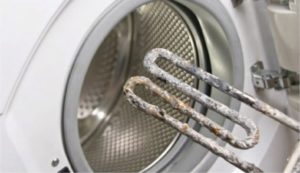 Timely maintenance and constant care will help to extend the life of your washing machine. Since in most cases the water entering the machine from the water supply network is characterized by increased hardness, and the detergents used for washing include too aggressive components, the likelihood of scale formation on the “insides” of the washing machine increases.
Timely maintenance and constant care will help to extend the life of your washing machine. Since in most cases the water entering the machine from the water supply network is characterized by increased hardness, and the detergents used for washing include too aggressive components, the likelihood of scale formation on the “insides” of the washing machine increases.
Plaque that appears on the heater, drum and other elements of the machine will ultimately lead to equipment failure. Let's figure out how to protect your automatic washing machine from scale as efficiently, safely and on a budget as possible.
Why is scale dangerous?
Third-party particles deposited on the elements of the washing machine over time form a dense layer that is difficult to remove. Scale is an insoluble sediment formed on the internal parts of an automatic machine, which significantly reduces the service life of the equipment.. In most cases, the localization of plaque becomes the surface of the heating element.
Scale that appears on the heating element will certainly lead to increased energy consumption, since the heat transfer of the heating element will be significantly reduced. In addition, the insoluble layer on the tubular heater will contribute to internal overheating of the part, which, over time, will cause the element to break down.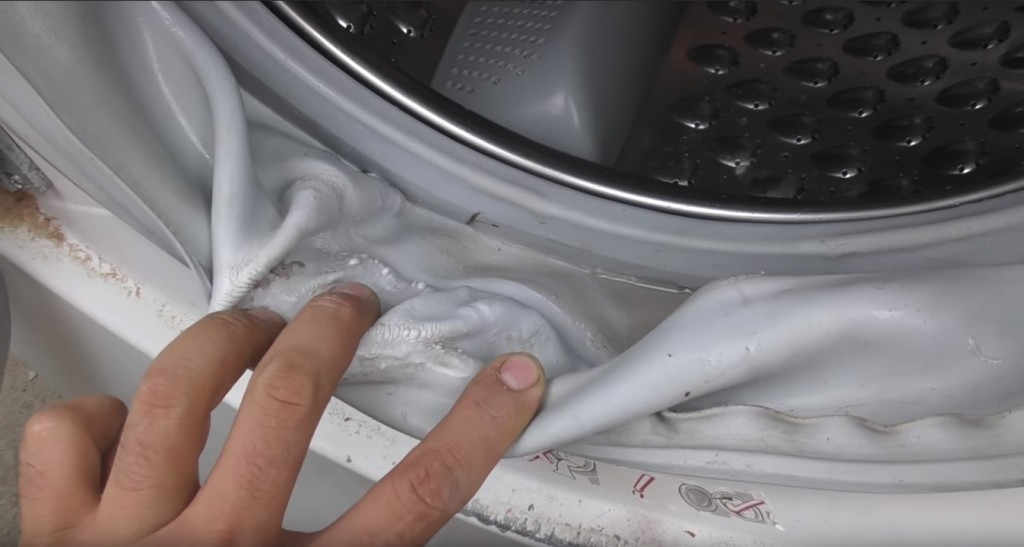
To prevent scale formation, it is enough to treat the internal parts of the machine 2-3 times a year with special solutions containing acids and other aggressive components. This measure will prevent the layering of foreign particles on the “insides” of the device.
It is important to remember that acidic compounds cannot be used for washing machines equipped with enamel tanks.
A measure that provides prevention against the appearance of scale, allowing to prevent the build-up of plaque, is considered to be softening the water entering the washing machine. The market is replete with various options for filter elements installed on communications at the entrance to the apartment, or directly in front of the water intake hose of the machine.
If, after examining your “house helper,” you see a sedimentary layer that has already formed, you will have to use specialized means to combat it. Many housewives, thanks to advertising, have the statement programmed into their heads that the “irreplaceable” Calgon will deal with scale best. However, this product does not remove plaque, but only prevents its occurrence and protects parts. To combat old formations, it is better to use stronger compounds, for example:
- MisterDEZ “Deep cleaning”;
- No scale;
- Beckmann.
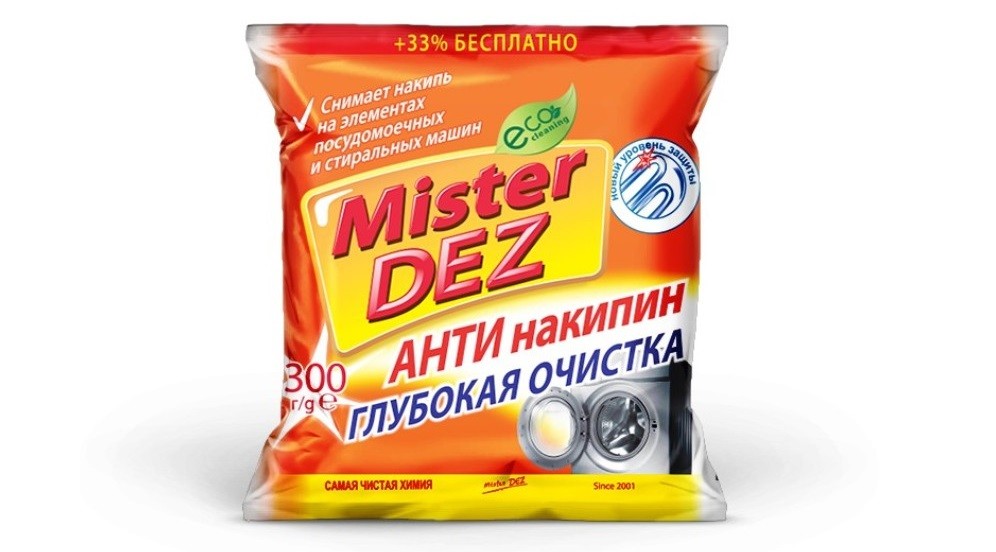
Household chemicals for this purpose should be used very carefully. It is advisable to carry out all manipulations wearing waterproof gloves. Before you start working with the formulations, you should carefully study the instructions and strictly follow the given rules and dosages of the product.
Is it possible to clean with citric acid?
If the washing equipment was operated for a long period of time without the necessary maintenance, and the water entering the system was not softened, then with a 99% probability the internal elements of the machine have already become covered with a dense layer of scale. Previously, citric acid was considered a traditional means of combating plaque. Lemon has such a strong effect that it easily removes limescale deposits 5 mm thick or more.. However, is it safe to use?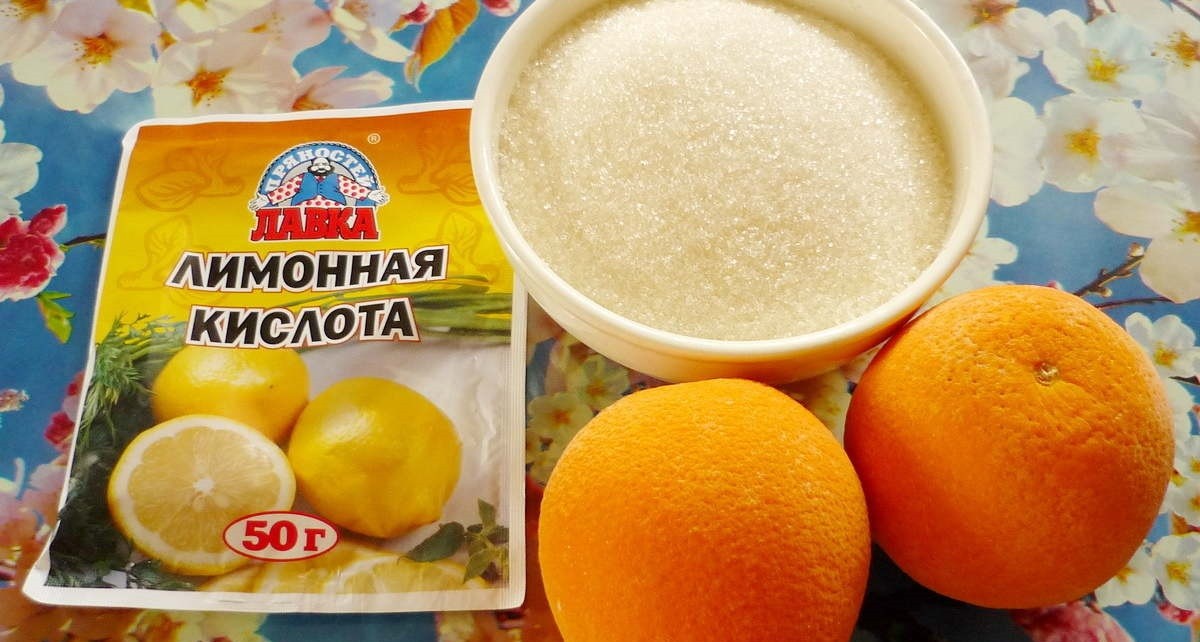
If the scale layer on the internal elements of the equipment is very large, then using lemon powder can damage the washer. Pieces of plaque flying off the heating element or other affected elements can cause serious damage to the components of the washing machine. Also, large parts of lime can clog the garbage filter and clog the pipes. Therefore, before cleaning equipment with citric acid, experts advise removing the heating element from the housing, forcefully removing scale from it, and only then proceeding to washing the washing machine. The algorithm for cleaning equipment with lemon juice will be as follows:
- prepare a small cloth and 150-200 grams of lemon powder;
- pour the measured amount of acid into the empty drum of the washing machine;
- Start the machine by selecting the longest washing program, which involves heating the water to 90 degrees.
At the end of the process, it is necessary to clean out the pieces of scale that have accumulated under the hatch door cuff and other seals. This will eliminate limescale deposits and protect your washing machine for several months.
Interesting:
Reader comments
- Share your opinion - leave a comment

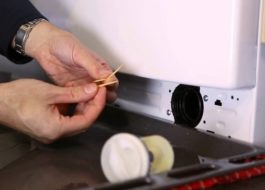

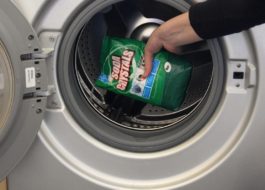

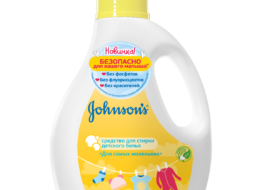


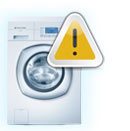
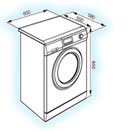


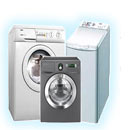
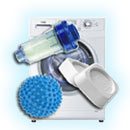


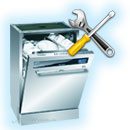
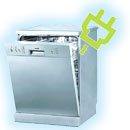
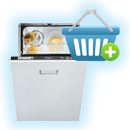
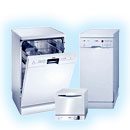
Add a comment